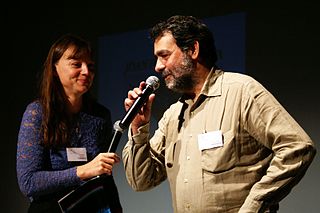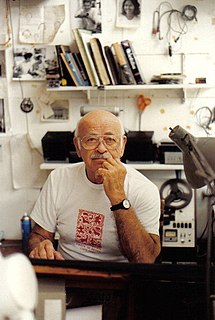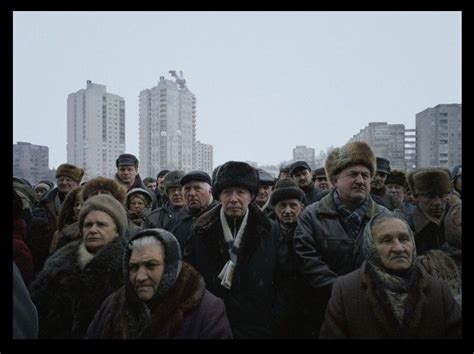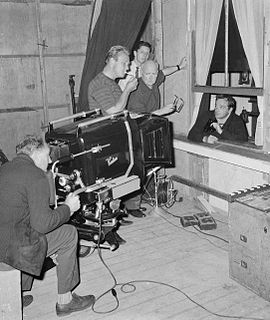A Quote by W. Eugene Smith
I think photojournalism is documentary photography with a purpose.
Quote Topics
Related Quotes
I don't know that there were any rules for documentary photography. As a matter of fact, I don't think the term was even very precise. So as far as I'm concerned, the kind of photography I did in the FSA was the kind of photography I still do today, because it is based on passionate concern for the human condition. That is the basis of all the work that I do.
When you say documentary, you have to have a sophisticated ear to receive that word. It should be documentary style, because documentary is police photography of a scene and a murder ... that's a real document. You see, art is really useless, and a document has use. And therefore, art is never a document, but it can adopt that style. I do it. I'm called a documentary photographer. But that presupposes a quite subtle knowledge of this distinction.
I always believed that photography was subjective, interpretive and certainly did not represent the truth, but I did think that its status as a societal and historical referent needed to be both safeguarded and illuminated....now photojournalism is devolving into yet another medium perceived as intending to shock, titillate, sell, distort.
To the documentary director the appearance of things and people is only superficial. It is the meaning behind the thing and the significance underlying the person that occupy his attention... Documentary approach to cinema differs from that of story-film not in its disregard for craftsman-ship, but in the purpose to which that craftsmanship is put. Documentary is a trade just as carpentry or pot-making. The pot-maker makes pots, and the documentarian documentaries.
The very act of representation has been so thoroughly challenged in recent years by postmodern theories that it is impossible not to see the flaws everywhere, in any practice of photography. Traditional genres in particular-journalism, documentary studies, and fine-art photography-have become shells, or forms emptied of meaning.

































